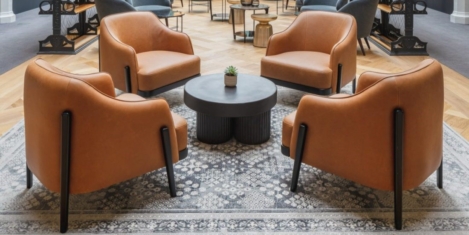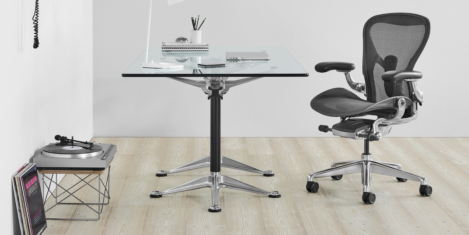To provide the best experiences, we use technologies like cookies to store and/or access device information. Consenting to these technologies will allow us to process data such as browsing behaviour or unique IDs on this site. Not consenting or withdrawing consent, may adversely affect certain features and functions.
The technical storage or access is strictly necessary for the legitimate purpose of enabling the use of a specific service explicitly requested by the subscriber or user, or for the sole purpose of carrying out the transmission of a communication over an electronic communications network.
The technical storage or access is necessary for the legitimate purpose of storing preferences that are not requested by the subscriber or user.
The technical storage or access that is used exclusively for statistical purposes.
The technical storage or access that is used exclusively for anonymous statistical purposes. Without a subpoena, voluntary compliance on the part of your Internet Service Provider, or additional records from a third party, information stored or retrieved for this purpose alone cannot usually be used to identify you.
The technical storage or access is required to create user profiles to send advertising, or to track the user on a website or across several websites for similar marketing purposes.
 To enable workplaces to evolve and adapt to employees’ changing needs, office provider Mindspace conducted the Employee Wellbeing Data Report in 2023. Findings indicate that around 90 percent or 9 in 10 employees value wellbeing facilities and offerings in the workplace, thus making this factor influential when choosing an employer. Meanwhile, 82 percent expect support from their employers when it comes to maintaining work-life balance, overall revealing the increasing value employees place on their physical and mental health and wellbeing. (more…)
To enable workplaces to evolve and adapt to employees’ changing needs, office provider Mindspace conducted the Employee Wellbeing Data Report in 2023. Findings indicate that around 90 percent or 9 in 10 employees value wellbeing facilities and offerings in the workplace, thus making this factor influential when choosing an employer. Meanwhile, 82 percent expect support from their employers when it comes to maintaining work-life balance, overall revealing the increasing value employees place on their physical and mental health and wellbeing. (more…)
































June 3, 2024
Forget Cannes. Commercial property sector hits the North to great effect
by Helen Parton • Cities, Comment, Property, Public Sector